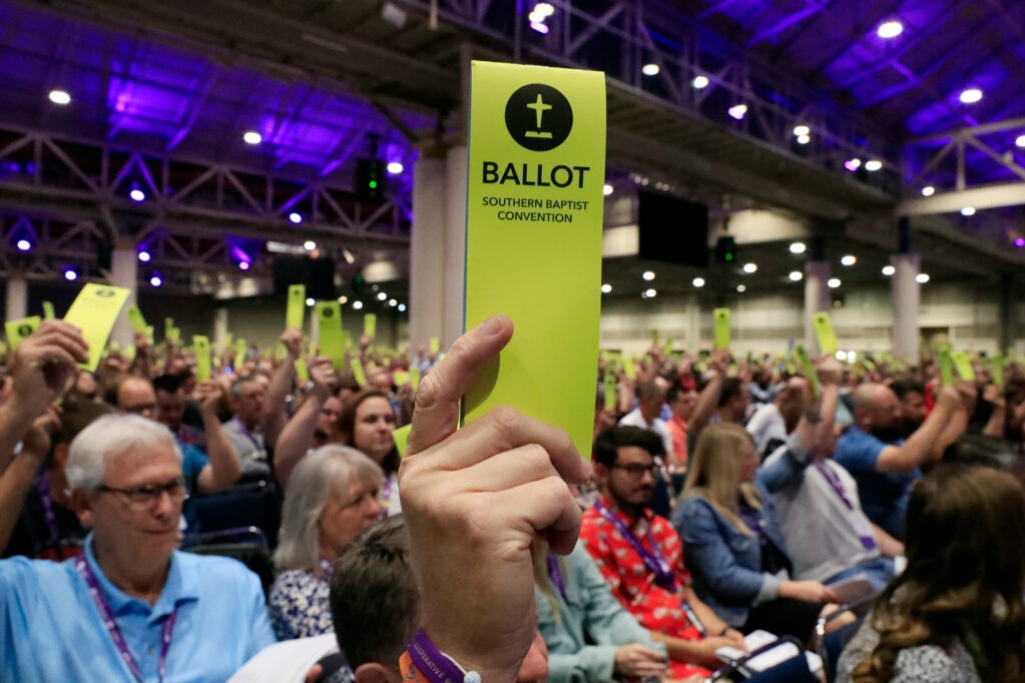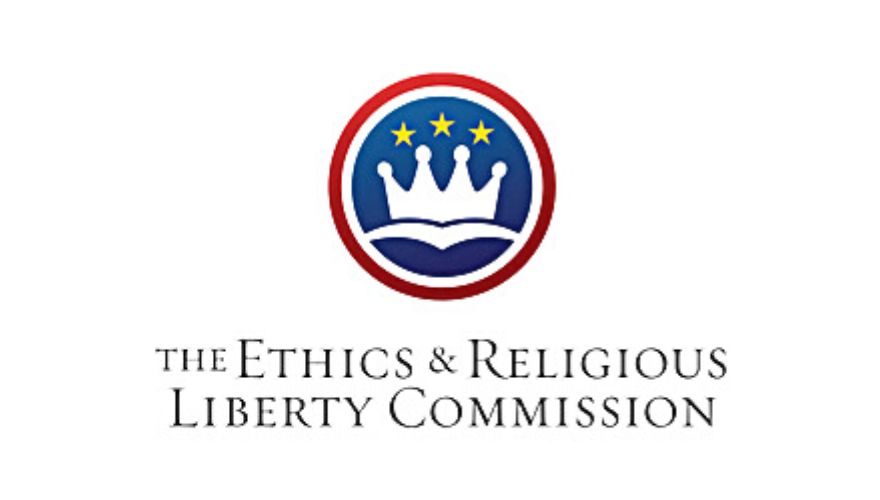
With the recent announcement of a sixth candidate throwing their hat into the ring for the Southern Baptist Convention (SBC) presidency, the collective response has been a mix of surprise, amusement, and perhaps even a touch of exasperation. Social media platforms buzz with comments and jokes about the growing number of contenders, but beneath the surface lies a more profound challenge—one that beckons us to reconsider our approach to this pivotal decision.
At the heart of the matter lies a fundamental aspect of Baptist identity: the belief in being led by the Spirit and the priesthood of the believer. For Baptists, this isn’t just a theological concept; it’s a guiding principle that shapes how we navigate matters of leadership and governance within our Convention. When an individual feels called by the Lord to step forward as a candidate for leadership, it’s not merely a personal decision but one imbued with spiritual significance—a matter to be discerned between the individual and their Creator.
Yet, in the midst of this call to spiritual discernment, it’s all too easy for us to fall back on autopilot when it comes to voting. In a year when there are only two choices, we often find ourselves going through the motions, casting our votes almost reflexively based on loyalty or familiarity rather than careful consideration. But now, with six candidates vying for the presidency in what can only be described as a tenuous Convention environment, the stakes are higher, and the need for thoughtful deliberation is more pressing than ever before.
It’s essential to recognize that the differences among the candidates, while nuanced, are significant. Each brings their own unique perspective, background, and vision for the future of the SBC. From seasoned leaders to emerging voices, from varying theological emphases to differing approaches to denominational challenges, the breadth of choice before us demands a level of engagement and discernment that cannot be understated.
So, I would challenge my fellow messengers to the SBC Annual Meeting to resist the temptation to default to the candidate “in your camp” out of habit or allegiance. Instead, let us approach this election with open minds and hearts, willing to give each candidate a fair hearing and earnest consideration. Let us engage in robust dialogue, asking tough questions and seeking clarity on where each candidate stands on the issues that matter most to our Convention.
In a world where we are often presented with the unenviable choice between the lesser of two evils in the realm of politics, let us pause to appreciate the richness of having six candidates who, I believe, genuinely desire to serve their Convention out of love for God and His people, rather than personal ambition or self-interest. This is an opportunity for us to celebrate the diversity of perspectives within our Convention and to embrace the democratic process as a means of discerning God’s will for our collective future.
As we look ahead to the SBC Annual Meeting in Indianapolis, let us not approach this decision lightly. Let us commit ourselves to a season of deep reflection, fervent prayer, and earnest seeking of God’s guidance as we consider who He would have lead us in the days and years to come. The road ahead may be fraught with challenges, but if we navigate it with humility, wisdom, and a genuine desire to seek God’s will above all else, I am confident that we will emerge stronger, more united, and better equipped to fulfill the mission to which He has called us.
May we, as messengers of the Southern Baptist Convention, rise to the occasion, recognizing the gravity of the decision before us and embracing the opportunity to participate in the shaping of our collective future. May our deliberations be marked by grace, our decisions guided by wisdom, and our hearts open to the leading of the Holy Spirit as we seek to faithfully steward the trust placed in us by our fellow believers and, ultimately, by our Heavenly Father.
(EDITOR’S NOTE – Jonathan Howe is vice president for communications at the SBC Executive Committee.)


